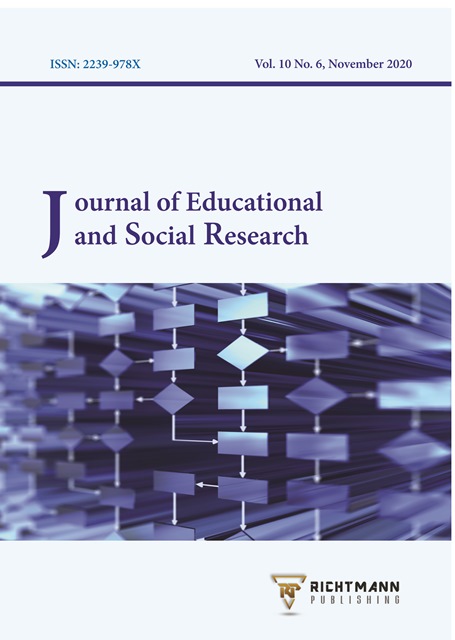On the Significance of Students’ Appraisals of Their Language Learning Experiences at University: A Phenomenological Approach
DOI:
https://doi.org/10.36941/jesr-2020-0122Abstract
This study focusses on students’ appraisals of their language learning experiences at university. Forty students in the third and final academic English course at a university in the UAE participated in the study. The participants completed a written survey which was developed based on Scherer’s (1987, 2001, 2011, 2013) framework of appraisals, i.e. pleasantness, novelty, goal-conduciveness, coping potential and self-compatibility checks. The analysis of the qualitative data indicates that almost all of the participants evaluate their language learning experiences positively and consider the programme to be of great value in enabling them to achieve their academic and professional goals. On the other hand, some participants do not see much novelty in terms of the materials presented to them and believe this reduces the level of challenge and motivation for them. Almost all of the participants feel strongly about the use of their first language, i.e. Arabic and the fact that learning English should not affect their use of the first language negatively. One important pedagogical implication of the study is that students’ positive appraisals of the course are largely attributed to the teacher’s method of teaching. Another important pedagogical implication of the study is that correct placement of the students in an academic programme can create the proper level of challenge and hence motivation for the students.
Downloads
Downloads
Published
Issue
Section
License
This work is licensed under a Creative Commons Attribution-NonCommercial 4.0 International License.









